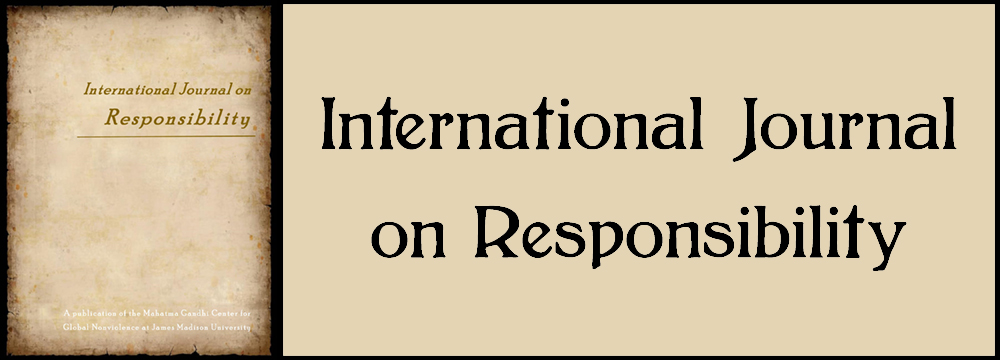
Abstract
Legal education continues to be one of the most demanded areas of study from the younger generation in Kosovo. As result, the number of law graduates is quite high. On the other hand, the rule of law sector is quite fragile, judges and lawyers are perceived by parts of the society to be ethically dysfunctional. The trust in judicial institutions is quite low. The debate which is going on now is whose main responsibility for such a situation that is. Is the duty of the higher education institutions providing legal education, or is it a responsibility of educational institutions at all levels? Or shall the government and judicial institutions be more responsible in this regard by developing and strengthening the implementation of value based policies? In order to better understand the responsibility in these terms, and to answer these questions, an analytical approach and comparative approach was applied. These research approaches and survey of opinions of professionals, officials and students, show that the ethical legal education is a shared responsibility between higher education institutions providing legal education, government officials responsible for diffing general principles of education, and, of course, primary, secondary schools. The role of judicial institutions is to put in place policies and mechanisms that ensure ethical reasoning of legal professional and decision making.
Recommended Citation
Shala, Sabiha and Muharti, Gjylbehare
(2017)
"Who is Responsible for Ethical Legal Education, for what and to whom? Case of Kosovo,"
International Journal on Responsibility: Vol. 1:
Iss.
1, Article 7.
DOI: https://doi.org/10.62365/2576-0955.1007
Available at:
https://commons.lib.jmu.edu/ijr/vol1/iss1/7
DOI
10.62365/2576-0955.1007
Creative Commons License

This work is licensed under a Creative Commons Attribution-NonCommercial-No Derivative Works 4.0 International License.
Included in
Criminal Law Commons, Criminology and Criminal Justice Commons, International Law Commons, Law and Politics Commons, Legal Education Commons, Legal Ethics and Professional Responsibility Commons, Legal Profession Commons, Legal Writing and Research Commons, Political Science Commons


